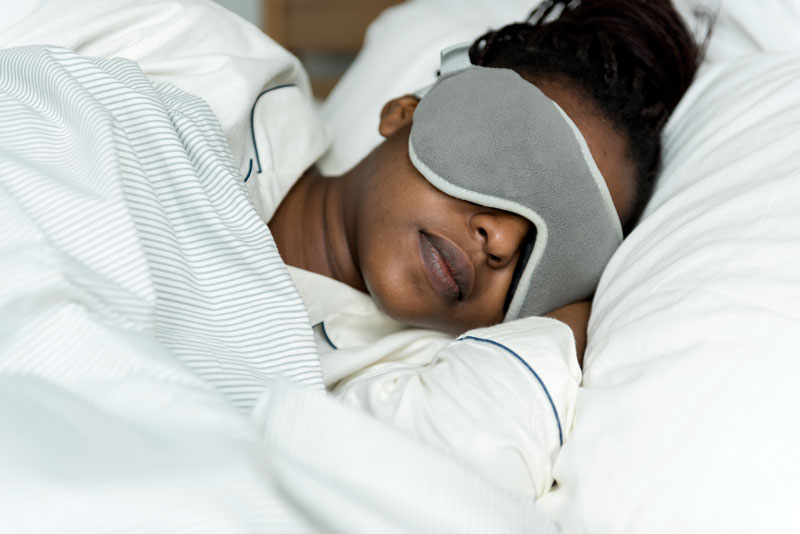
Sleep may be the foundation on which all aspects of health are built, and in the clinic it has become an increasingly important topic. When practitioners help patients sleep better, it strengthens all areas of patients’ physical and mental health. As global sleep expert, Matthew Walker, PhD, Professor of Neuroscience and Psychology at the University of California, Berkeley, famously said: “Nearly every disease killing us later in life has a causal link to lack of sleep.”
For many patients, the modern lifestyle is burdened with stress [1], chronic pain [2], persistent inflammation [3], and blue light from screens.[4] Factors like these, and many others, are contributing to a global epidemic of lost sleep.[5] Patients are flocking to healthcare practitioners looking for relief from insomnia and help getting the sleep they need.
Worryingly, the findings of a recent government report show that close to 20% of American adults habitually use prescription or over-the-counter drugs to aid in their sleep.[6] Over time, medications like these can lead to serious complications for many.[7] There is a bright side, however – clinical herbalists and integrative practitioners have many tools and strategies to support patients on their journey to consistently restorative sleep. Clinicians can leverage science-backed herbs, supplements, and lifestyle modifications to help patients get the sleep they need.
Don’t Sleep On It
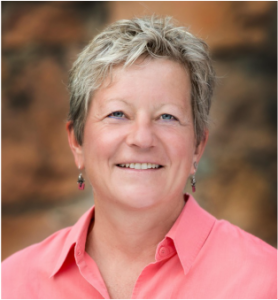
Lise Alschuler, ND, FABNO is at the forefront of integrative medicine and is dedicated to helping her patients find strategies for rejuvenating, healing sleep. She has been supporting oncology patients with chronic pain and sleep issues in her practice since 1994, focusing on holistic therapies and avoiding pharmaceuticals. In fact, Dr. Alschuler believes that integrative practitioners have a significant role to play in helping patients already taking sleep prescriptions wean off benzodiazepines and sleep hypnotics.
Dr. Alschuler observes that as an integrative practitioner, there are many ways to help when it comes to sleep. “There is a lot that clinicians can do on the front lines with integrative strategies for promoting better sleep including stress support, neurotransmitter balancing, and muscle relaxation, among other strategies.”
According to Alschuler, the role stress plays in chronic insomnia and sleep issues is notable. She says, “stress and sleep – these two issues underlie most chronic health conditions like chronic pain or chronic mood disorders, and they can exaggerate other health conditions. It’s important to address stress and sleep to manage other disorders.”
Out Like a Light

Further, Alschuler regards sleep holistically. Elaborating on the interesting and mysterious nature of sleep, she adds, “connecting the daily stress response to that notion of staying upright in the field of gravity all day, and the force of gravity that is constantly pulling us down – we have to resist this to hold our head up, to look around – from a purely structural level, sleeping lets us relax and achieve the most relaxed position we can be in.”
On the metaphysical dimensions of sleep, Alschuler also offers interesting and profound wisdom for healthcare practitioners. “During our wakeful hours, we are in a constant state of effort. Some of this effort is unconscious, but we’re meeting the forces around us with some force of our own. However, when we surrender to sleep, we let go, surrendering to the fact that we may never wake up. This is the most powerful and acute moment of surrender that we experience, outside of death. Some of us may even pass away in our sleep. Despite our culture’s aversion to discussing death, it’s an inevitable part of life. When we go to sleep, we’re essentially practicing dying, and paradoxically, this allows us to fully live.”
Dream World
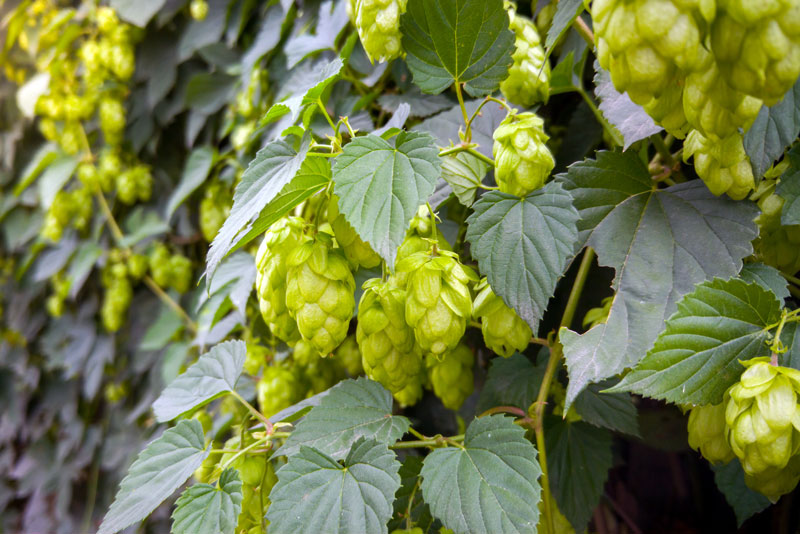
Perhaps more mysterious than sleep itself are dreams and dreaming. Although not completely understood, sleep [8] and dreams [9] are connected to mental health, emotional regulation, and learning.[10] As Dr. Alschuler says, “one aspect of sleep is that it helps the body function in general, but an argument could be made that sleep allows us to dream, and dreaming helps us process both our conscious and unconscious experiences from the day, to order our memories, to ascribe meaning, and to process thoughts. Dreaming is how our brains do this, forcing an important question – is dreaming the actual role or function of sleep?”
Catching Zs
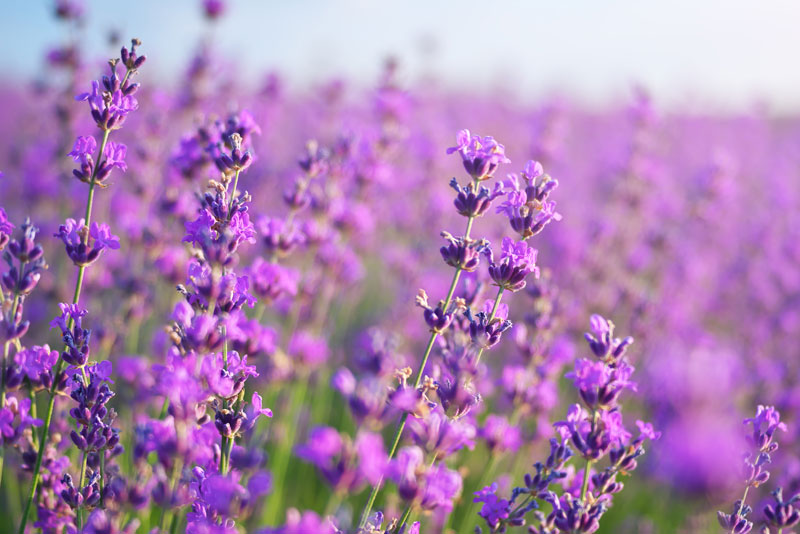
In the wellness space, the business world is taking notice, catering to frazzled and exhausted consumers who long for restorative sleep and therapeutic dreams. Sleep tourism [11], sleep hotels and retreats [12], and sleep product sales [13] are all contributing to the growing global sleep industry, which was estimated at $432 billion in 2019, and is expected to grow to $585 billion sometime in 2024.[14]
Alschuler knows that the sleep industry is taking notice of the worldwide sleep deprived population. She says, “The sleep industry is a multibillion dollar industry for a reason – people are looking for ways to get better sleep – memory foam pillows, cooling mattresses, weighted blankets, etc. – but there are still issues with people sleeping.”
When it comes to sleep, practitioners can make an impact on patient health, and although it is important, it is not as simple as offering patients a hand-out on good sleep hygiene.[15] According to Alschuler, “it’s the rare patient who will put into place all of the sleep hygiene measures and get better sleep. Sleep hygiene is often insufficient for someone with significant insomnia. People need to focus on lifestyle and hygiene so that herbal supplements and dietary changes can work better. Then, as sleep improves, supplemental therapies can be withdrawn. Unless it’s a very mild insomnia, or the patient is very young, sleep hygiene is insufficient for supporting chronic sleep disorders.”
Rise & Shine

Dr. Alschuler will expand on sleep and dreaming, drawing from her 30 years of experience in clinical practice, at the upcoming Southwest Conference on Botanical Medicine, taking place online from March 22 to March 24, 2024. Alschuler will present a Pre-conference Intensive where she will delve deeply into her work and experience on the breadth of tools available to help clinicians manage sleep challenges. She will explore the importance of dreaming, a topic she believes is not discussed enough. Additionally, Alschuler will talk about botanicals — both common and obscure — for assisting patients in navigating sleep issues. She will also explore the research on sleep medications, including benzodiazepines.
There is an intrinsic link between sleep and comprehensive health, and addressing sleep-related concerns is a pivotal aspect of holistic medical care. Clinical herbalists and integrative practitioners are uniquely positioned to provide effective solutions to help patients manage frustrating and persistent sleep challenges using scientifically validated herbs, supplements, and lifestyle adaptations for rejuvenating sleep, thus avoiding pharmaceutical interventions. Optimizing patient well-being and fostering enduring health outcomes by helping patients prioritize and achieve high-quality sleep is within reach. Join Dr. Alschuler’s Pre-conference Intensive, Restorative Sleep: Integrative Strategies for Remediating Sleep Disorders, to learn much more.
References
- Stress in America 2023: A nation recovering from collective trauma
- Estimated Rates of Incident and Persistent Chronic Pain Among US Adults, 2019-2020
- Chronic Inflammation
- A review of the current state of research on artificial blue light safety as it applies to digital devices
- The Global Problem of Insufficient Sleep and Its Serious Public Health Implications
- Sleep Medication Use in Adults Aged 18 and Over: United States, 2020
- Side Effects of Sleep Medication
- Improving sleep quality leads to better mental health: A meta-analysis of randomised controlled trials
- Evidence for an emotional adaptive function of dreams: a cross-cultural study
- Why Your Brain Needs to Dream
- The rise of sleep tourism
- Sleep Tourism Is Trending in 2023, With A.I.-Equipped Hotel Beds and Glamping Under Dark Skies
- SLEEP AIDS MARKET SIZE 2022 TO 2032 (USD BILLION)
- Size of the sleep economy worldwide from 2019 to 2024
- Mastering Sleep Hygiene: Your Path to Quality Sleep
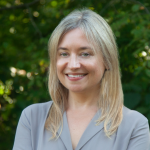 Lily Holmberg holds a bachelor’s degree in biology and a master’s degree in education. She has worked as a naturalist, a biology educator and has dedicated much of her career to premium, mission-driven and health-focused work starting with Whole Foods Market in the mid-2000s, at various roles over a ten year period at Gaia Herbs, and most recently at ŌURA. Lily has presented on topics including herbalism and herbal supplements, medicinal mushrooms, hemp, and more in front of national audiences.
Lily Holmberg holds a bachelor’s degree in biology and a master’s degree in education. She has worked as a naturalist, a biology educator and has dedicated much of her career to premium, mission-driven and health-focused work starting with Whole Foods Market in the mid-2000s, at various roles over a ten year period at Gaia Herbs, and most recently at ŌURA. Lily has presented on topics including herbalism and herbal supplements, medicinal mushrooms, hemp, and more in front of national audiences.
As a committed gardener of medicinal plants, Lily maintains an urban garden in the Chicago metropolitan area and also cultivates land in the forests and fields of the Michigan countryside. She grows many varieties of unusual, rare, and commonly used herbs annually, using what she grows to promote health throughout the year. She’s passionate about movement, seed saving, and advocating for people to spend more time in nature. Lily can often be found in her kitchen cooking, and she’s always reading a good book or two.







